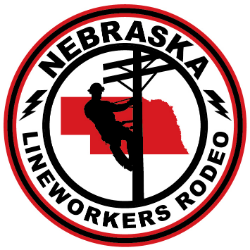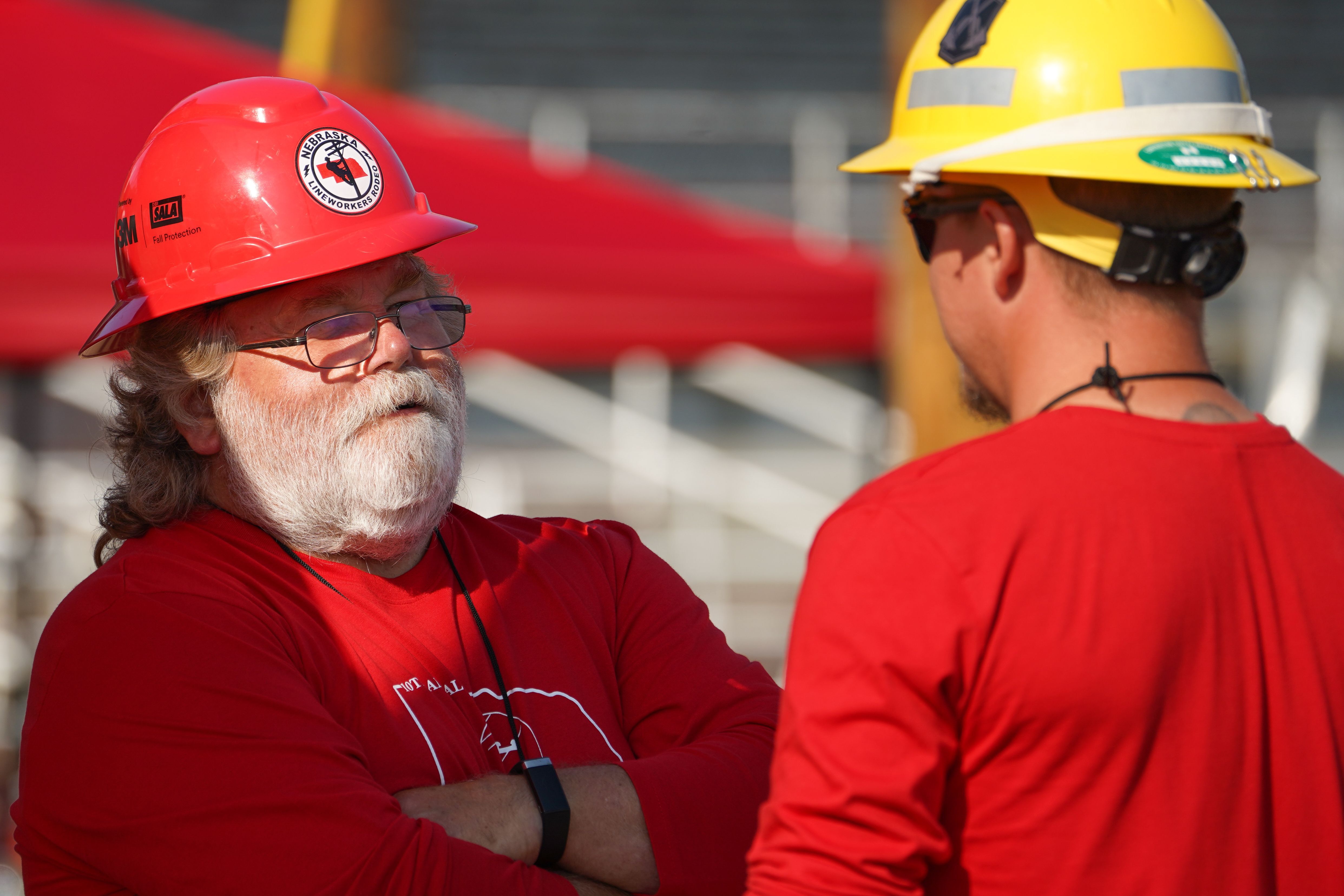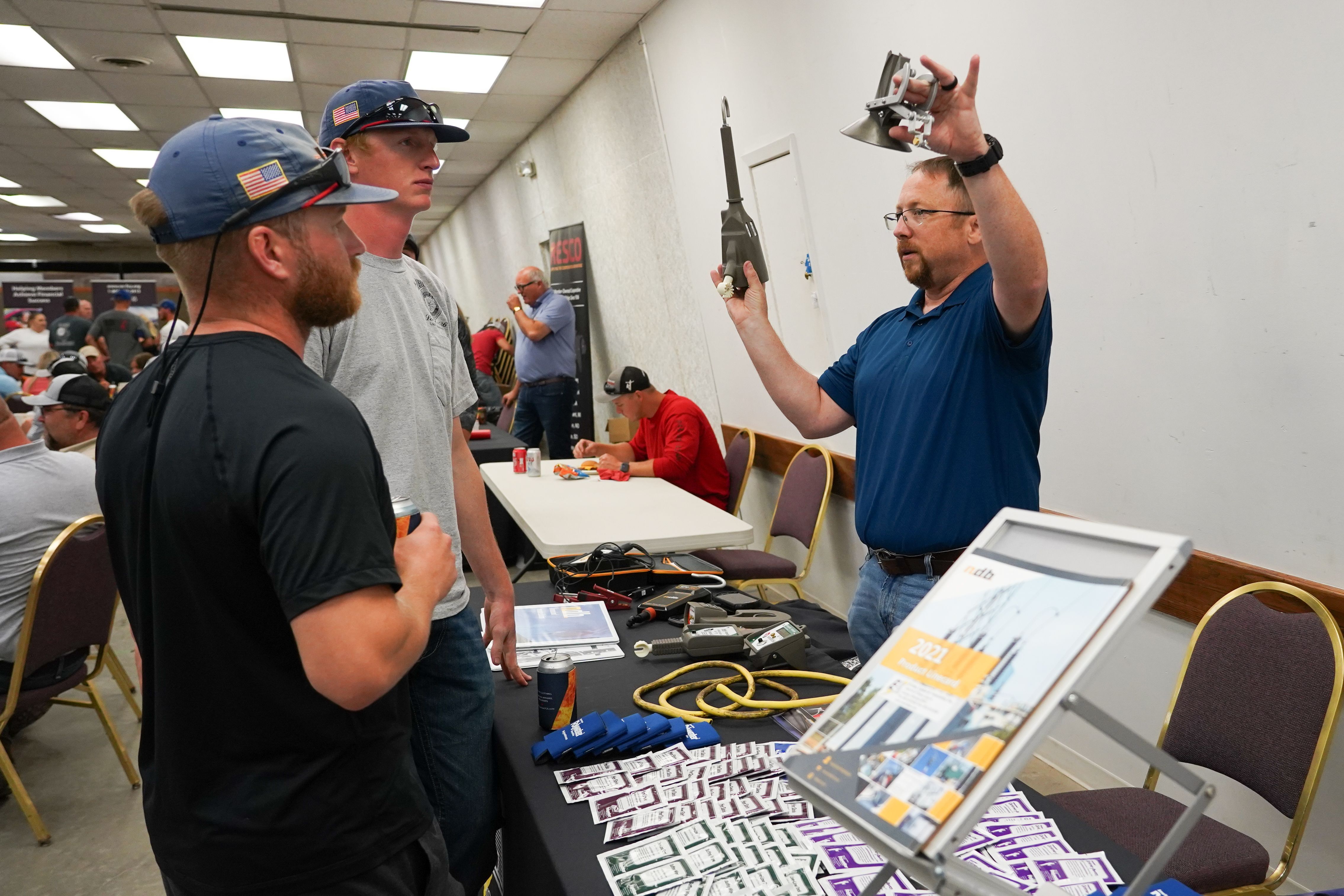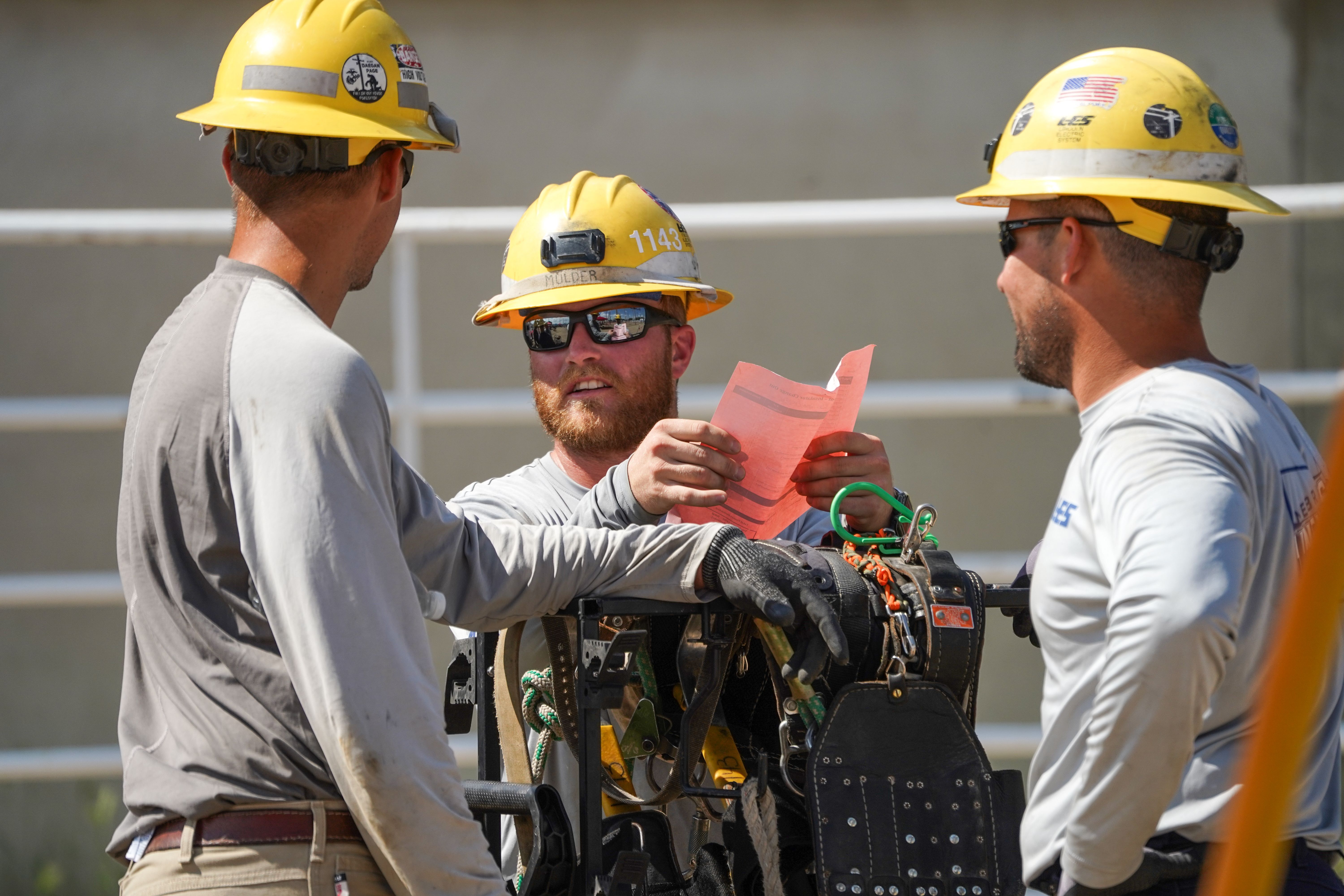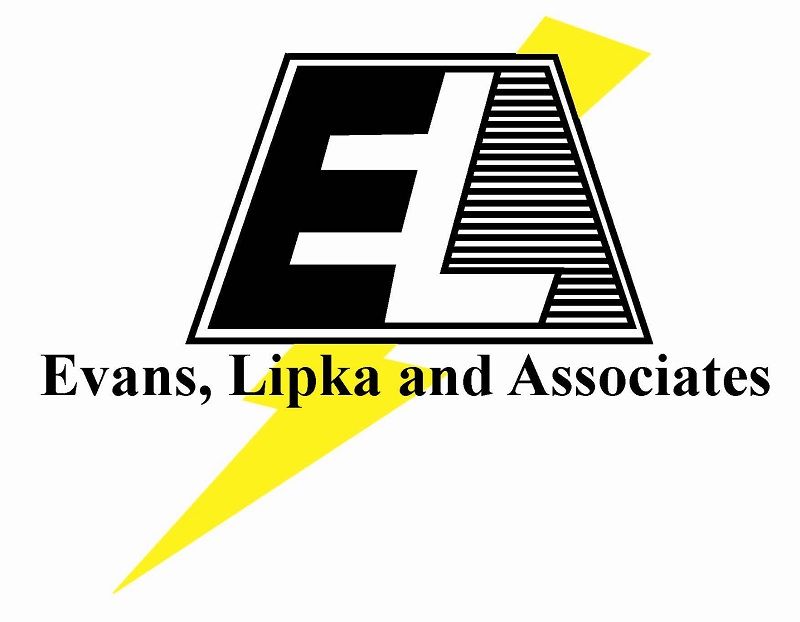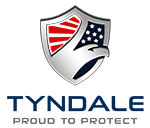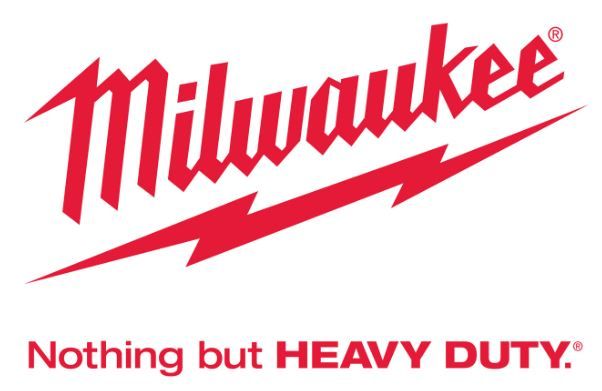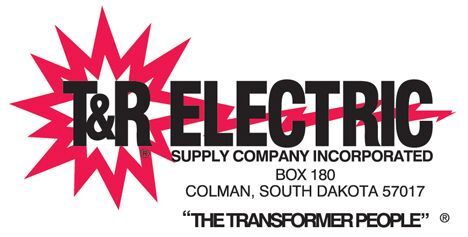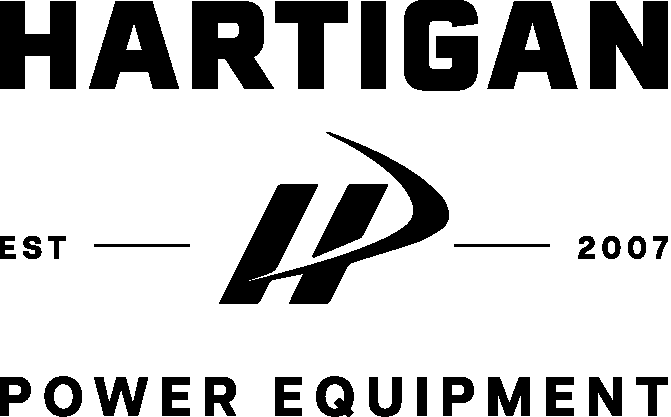2025 Nebraska Lineworker Rodeo General Rules for All Rodeo Competitors
- All safety rules are to be observed during events and follow the APPA Safety Manual.
- A competitor may not compete if bleeding.
- Rubber gloves are required for all simulated energized journeyman and apprentice events or as specified for each individual event. Rubber gloves may be inspected by the event staff prior to the start of each event. If rubber gloves are not required, approved leather work gloves with a cuff shall be worn during the competition.
- Safety glasses are required for all events.
- Hard hats must be worn properly during all events.
- Long sleeve shirts are required. Sleeves can’t be pushed or rolled up.
- A random tool inspection may be conducted to check for safe condition and for any alterations to tools such as:
- Tapered cuts on straps
- Tape on straps.
- Filed buckles.
- Fingers cut out of gloves.
- Elongated holes in straps and belts.
- Improper gaff length.
- Unsafe handlines
If a judge discovers that tools and equipment are altered to be unsafe, 10 points will be deducted from the event that the competitor is competing in at the time the altered tool is discovered.
- Competitors must check in at their first event within 30 minutes after the completion of the opening ceremony. Rotation schedules must be followed as directed, including the 30-minute check in time from event to event. The only exception would be 1 hour for lunch and can only be used after beginning the first rotation.
- Competitors may ask the judge questions before the event begins, but not while judging, and it is his/her responsibility to do so. A maximum of 5 minutes to ask questions and layout tools will be given prior to starting the event. Competitors must be completely prepared to start the event before the expiration of the 5-minute setup time (i.e., material laid out; climbing gear donned). Judges will provide the competitors with a 1-minute warning prior to setup time expiring.
- Video footage will not be allowed to settle judging disputes.
- No drones are allowed at the Rodeo grounds with the exception of drones from the Rodeo host.
- Cheering is encouraged, but professional coaching from supporters outside individual event arenas will be controlled by immediately deducting 2 points to the competitor(s) followed by disqualification, if not stopped.
- All tools shall be provided by the competitor(s) unless otherwise noted on the individual event specifications.
- Battery powered tools are NOT allowed.
- All permanent connections shall be wire brushed before completing connection, or as specified for each individual event.
- All connections and hardware will be tightened using the proper tools (i.e., channel locks shall not be used to tighten nuts, etc.).
- Time will start at the judge’s signal.
- Approved work gloves with a cuff shall be worn when performing any work on the ground. A climber wearing his/her climbing gear may assist the ground man while framing material during the event; However, gaff guards shall be on gaffs.
- Gaff guards shall remain on climber’s gaff when he/she is outside of the immediate work area (10 feet from the event pole).
- Judging will continue until all materials are packed up and the event site is restored to the original condition.
- It is mandatory for all Journeyman team and Apprentice climbing events that the climbing competitors use personal fall protection systems. Fall protection systems shall be supplied by the competitor and be used in accordance with the manufacturer’s specifications along with the use of a secondary work positioning strap or lanyard while transitioning around attachments on the pole. (The use of two fall arrest devices will not be permitted). Secondary positioning strap or lanyard is solely for transitioning. Competitor must make a full transition back into their fall restraint before performing work.
- Handlines must be used for all climbing events. There must be one handline for every structure to be climbed. Handlines must meet the requirements stated in the 17th Edition of the APPA Safety Manual Section 507.19 that the handlines be constructed of a minimum ½ inch diameter rope. The handline must be hung on the structure prior to performing any work. It is required that the handline be railroaded to the ground prior to descending the pole.
- Time for each event will begin with the judge’s signal and the competitor is standing an arm’s length from the pole. The fall arrest system will not be allowed to be attached to the pole prior to starting the event. Time stops when the last climber has both feet on the ground, unless otherwise noted on each individual event.
- Competition eligibility requirements must be met.
- All participants must be employed by a municipal utility, or state/regional association..
- A person is considered an apprentice for 4 years after he/she enters an apprentice program. A team consists of one journeyman lineman and one ground support person. This two-person team is permitted to rotate roles between events.
- If a team member can no longer continue to participate, that individual is out of the competition for the remainder of the event. The team can then substitute a registered alternate for the missing team member. The ground support can be an alternate if he/she is a journeyman lineworker. The activation of an alternate within the team must be approved by the Journeyman Master Judge.
- All Apprentices and Journeyman teams sign their scoresheet prior to leaving each event.
Additional General Rules for All Journeyman Events
- Team will supply and utilize a 10’ x 10’ (minimum) tarp to store tools and equipment on during the event (exception – Hurtman Rescue).
- On all simulated energized events, Class 2 or higher rubber gloves must be worn ground to ground and lock to lock.
- On all simulated energized events, proper cover-up is required, NESC 2023 MAD.
- On climbing events, the climber must be back on the ground before the event will be considered complete, unless otherwise noted in the individual event.
- Alternates are not permitted to enter the event area and must stay in the designated spectator zones. Only the two-person team will be allowed to set up for the events.
